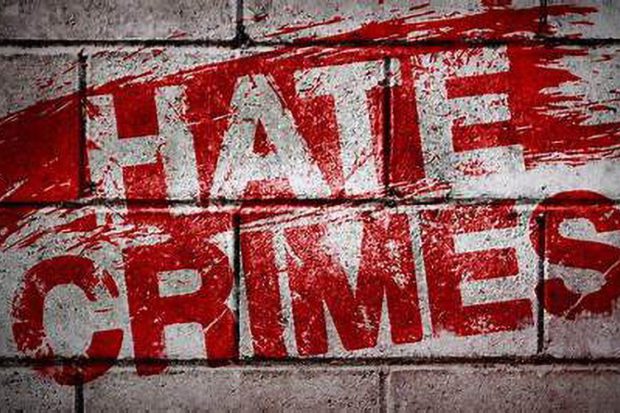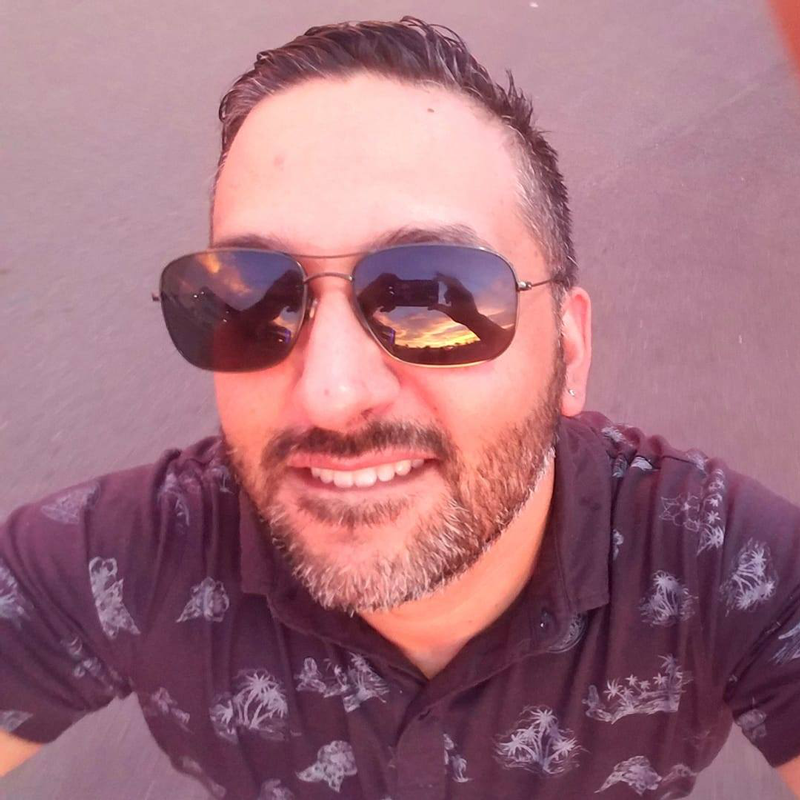
Each month—no, each day—it seems the ugly face of hate forces itself upon us. Senseless violence, heartless killings, stone-cold murders. Last year, we had 647 mass shootings in the United States. That’s almost two every day of the year—or one every 14 hours. In the first three weeks of 2023, there were 38.
And that doesn’t include all gun violence—not by a long shot. Remember, a mass shooting is officially defined as a shooting incident that results in four fatalities (not including the shooter). According to the Gun Violence Archive, we lost more than 44,000 people to gun violence in the United States last year alone.
Gun violence is now a leading cause of death for Americans of any age. According to the Giffords Law Center, it is the No. 1 cause of death for those under age 24.
America has a serious problem with hate that just can’t be denied or ignored any longer. Especially in California. Monstrously in our dear Central Valley.
The truth is that we are the ones killing us, to be honest. With our facile access to firearms, it’s easier than ever to multiply the carnage. Yet, we know that guns don’t kill people—neither do knives, sticks or stones, for that matter—people do.
And it all starts in the heart.
That’s what Pastor B.T. Lewis of Rising Star Missionary Baptist Church said during a candid conversation on what to do about hate crimes in Fresno. “The hate is there before the crime,” he bluntly told me.
Pastor Lewis, a Black man, is a community liaison with Fresno Mayor Jerry Dyer’s Office of Community Affairs (OCA), an office focused on unifying Fresno with the One Fresno initiative. Pastor Lewis wants to create a more loving Fresno community, but is convinced that to accomplish this we must first nurture relationships and bridge gaps within our community.
“It’s awfully hard to hate someone when you get to know them,” he explained.
He stressed the importance of community members being mutually willing to be vulnerable and uncomfortable in getting to know one another. Removing walls and barriers is a key step in building relationships, he noted.
He also stated that you have to be confident enough in yourself to take that risk. “This is how I can be of service to anybody and everybody, like Jesus was—to all people created by God.”
Pastor Lewis is optimistic that our community can come together as we get to know each other. In his role as community liaison with the OCA, he and his community affairs colleagues aim “to assist in the practical delivery of the One Fresno mission by fostering unity and equity across the City of Fresno.”
Their goal is to make Fresno “an inclusive, prosperous, beautiful and safe city, where people take pride in their neighborhoods and communities.” Extinguishing divisive hate is a dream that is surely attainable when we come together as a united community.
In the January issue of the Community Alliance, we highlighted the experience of a local openly gay man who was a victim of a violent hate crime in the Tower District and discussed the seven federally protected distinct social groups and categories that constitute a hate crime. These are crimes perpetrated on people because of their race/color, religion, national origin, sexual orientation, gender/sex, gender identity or disability.
A “hate crime” is not the same as a “hate incident,” to be sure. The distinction is important, however. The former is an illegal action—a bonafide crime—with serious legal consequences and ramifications; the latter can be troubling yet not be a criminal act.
You might not be sure which you’re experiencing as a victim. Both experiences can be traumatic. This is why it’s important to notify the police if you think you have been the victim of either a hate crime or a hate incident.
The police will document and investigate your experience. If the incident in question is indeed a hate crime, the authorities will take action on your behalf. If it’s a hate incident, they will document it. This documentation is important and will come in handy if future incidents occur, especially if a hate crime eventually happens.
Proving and establishing that a crime has been committed on the basis of hate toward a federally protected group is important for prosecutors. They need to prove the crime was committed as a hate crime, and previously documented hate incidents can assist with this. Documentation is crucial.
Another local religious leader, Pastor Raygan Baker, previously of the First Congregational Church of Fresno, United Church of Christ, aka the Big Red Church, discussed the status of hate crimes in Fresno. An openly gay man, Pastor Baker said that “some things are getting better, but there still is a lot of work to do…Still, within the queer community [as a gay man], I still am in the position of the most privileged.
“You know, I’m still a cis White man—trans people have it a lot harder than I do and have a lot more violence committed against them—and so I don’t want to say ‘it’s better’ until it’s better for everybody—it’s our whole community.”
He’s right—it’s about community and unity if we are to ever eradicate hate crimes. Yet, as Pastor Lewis explained, until we allow ourselves to become vulnerable and even uncomfortable in getting to know one another in love, we’re just going to stay divided. And there’s no more time for that.
It takes courage and confidence to come together, and today is that day—a day to break barriers and tear down the walls that divide us within our community.
As we celebrated the life of Rev. Dr. Martin Luther King Jr. last month, we were reminded of the poignancy of his enduring and immortal words: “Returning hate for hate multiplies hate, adding deeper darkness to a night already devoid of stars. Darkness cannot drive out darkness; only light can do that. Hate cannot drive out hate, only love can do that.”
May love drive out the residual hate in our hearts as we stand in solidarity today against hate crimes of every form.

